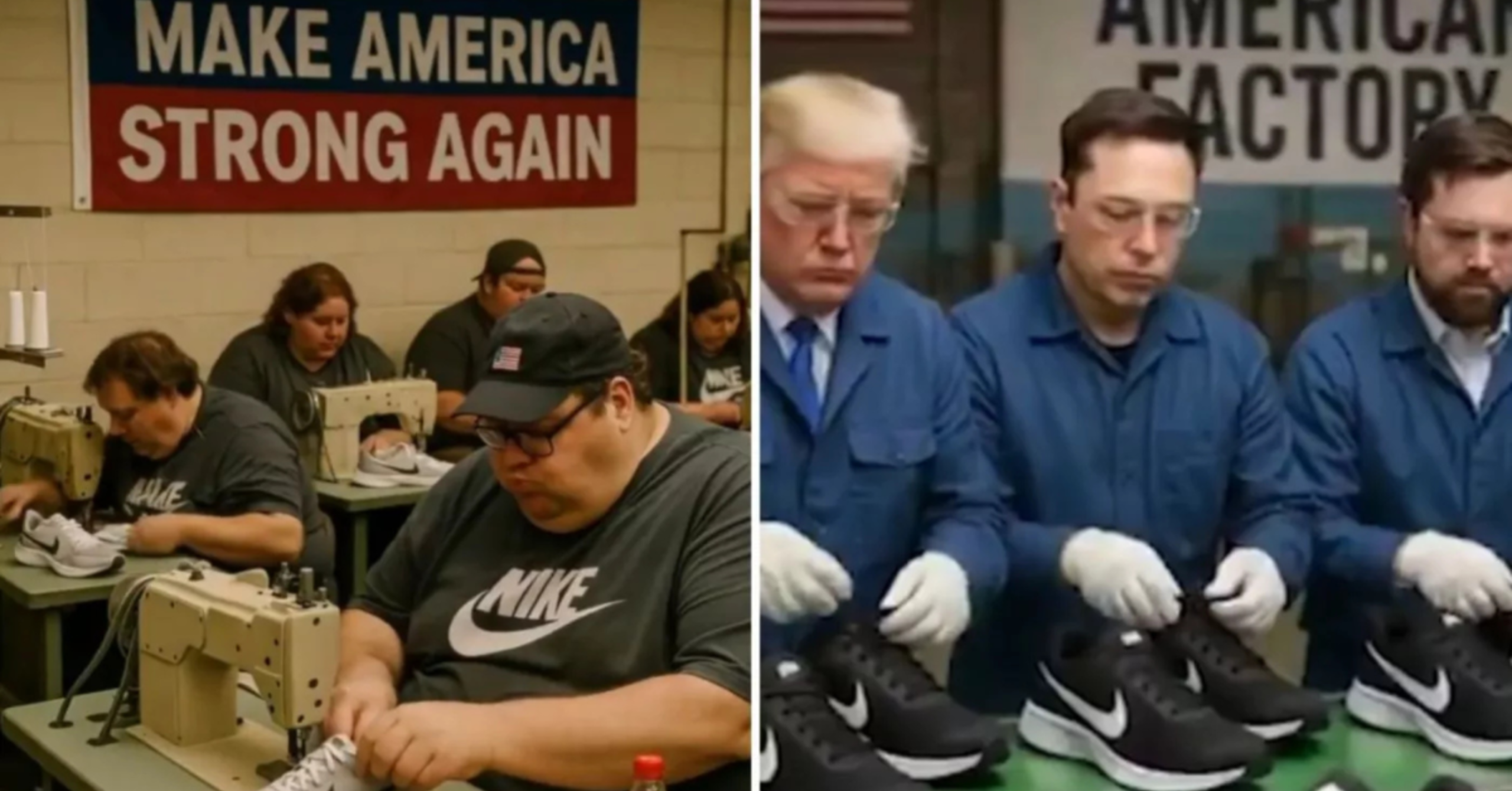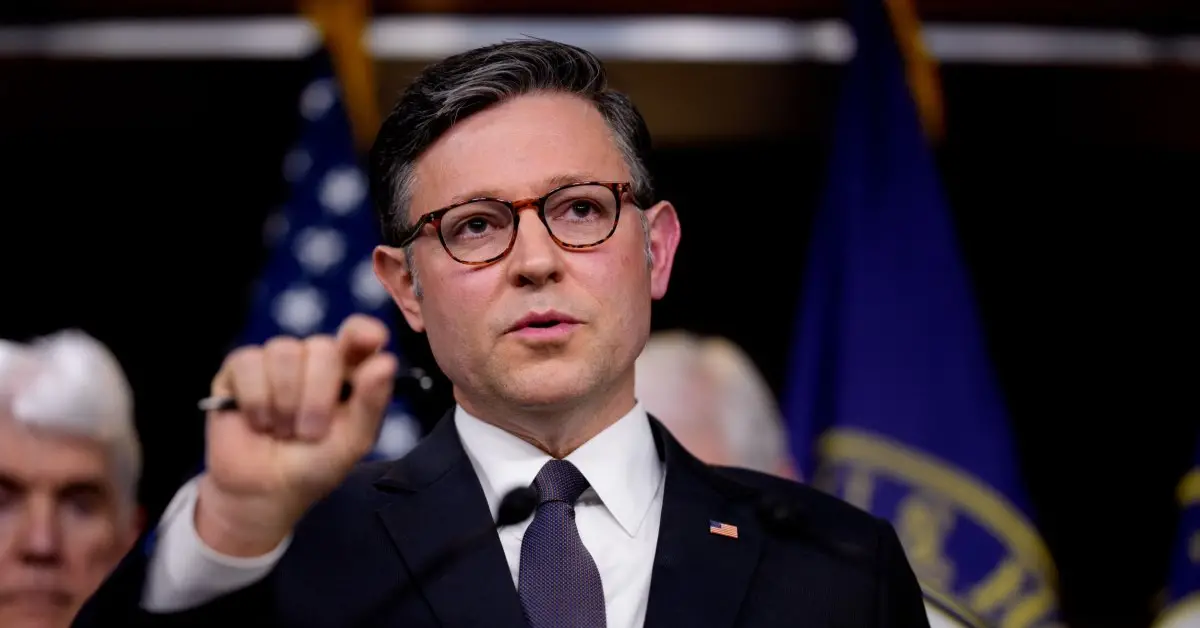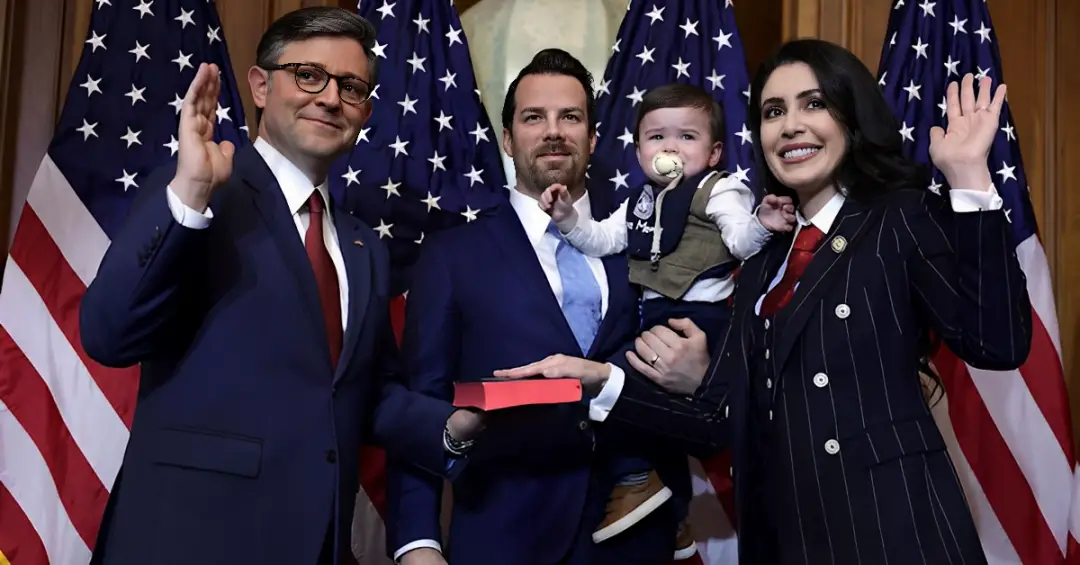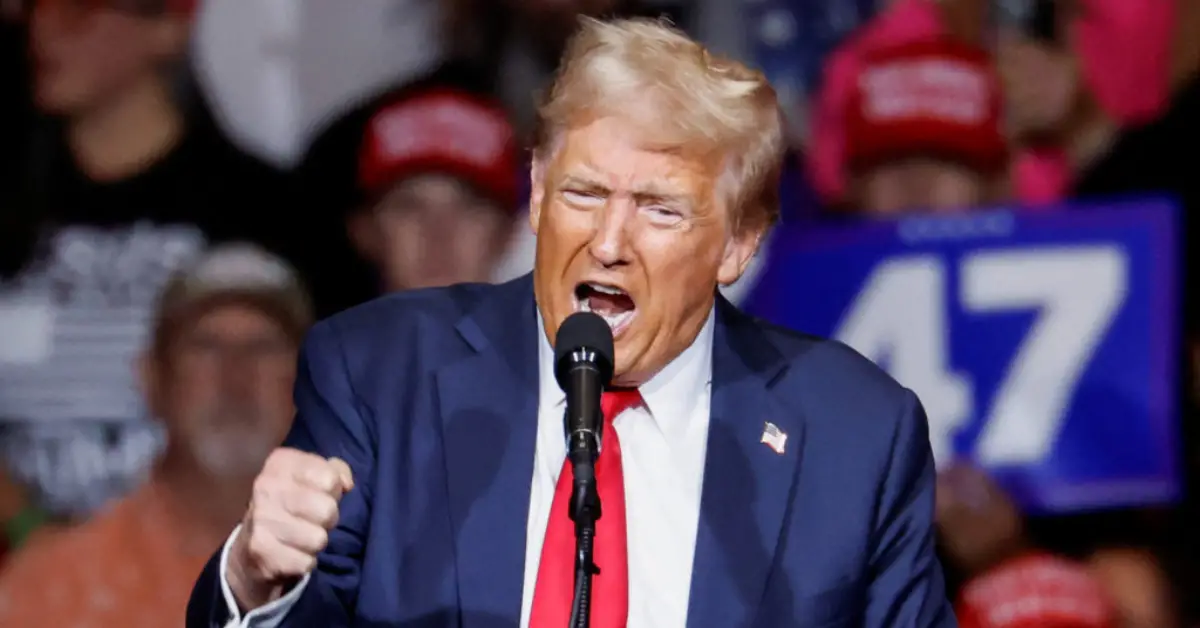President Donald Trump and Republican Senator J.D. Vance have captured the attention of millions on social media. These memes, which originate from China, use advanced artificial intelligence technologies to create humorous and satirical portrayals of these prominent political figures.
As the memes spread across the internet, reaching audiences worldwide, the White House has been prompted to issue a response, expressing concerns about the potential implications of this new trend. The growing influence of AI-generated content in shaping public opinion has sparked debates about the role of technology in political discourse, media, and misinformation.
The memes themselves are a part of a larger phenomenon of AI-driven content that has become increasingly accessible and sophisticated. Using cutting-edge algorithms, AI tools have made it easier for users to create highly realistic images, videos, and even deepfake content that can appear genuine, despite being entirely fabricated.
In the case of the Trump and Vance memes, AI generated exaggerated, often comical depictions of these figures in various scenarios. While these memes are meant to entertain and provoke laughter, they have raised important ethical questions about how far technology should go in altering the public’s perception of political figures.
The White House’s response to the growing trend of AI-generated memes was swift and focused on the potential dangers of using AI technology in this manner. White House officials have expressed concern that memes like these, while entertaining, can blur the lines between satire and misinformation.
The accessibility of AI tools means that virtually anyone with basic technical skills can create content that appears to be authentic, potentially misleading the public into believing false narratives. The concern is that such content could influence political views, especially in the lead-up to important elections.
These memes targeting Trump and Vance have become a focal point in this larger discussion about the ethical use of artificial intelligence. While political figures are often subjects of satire and parody, the involvement of AI tools takes this to another level, as it allows for the creation of highly convincing content that can be difficult to distinguish from real-world media. AI-generated memes have the power to shape public opinion by portraying political leaders in a negative or exaggerated light, which can influence voters’ perceptions and attitudes toward them.
As the use of AI in content creation grows, there is a growing fear that it could further polarize public opinion. The ability to create highly targeted and personalised content that aligns with specific political ideologies has the potential to amplify division and create echo chambers where people are exposed only to content that supports their existing beliefs.
The Trump and Vance memes, for instance, have been widely shared by political opponents, mocking their views and portraying them as out of touch with the average American. This has led some to question whether AI-generated content could be used strategically to influence the outcome of elections by manipulating voters’ perceptions of political figures.
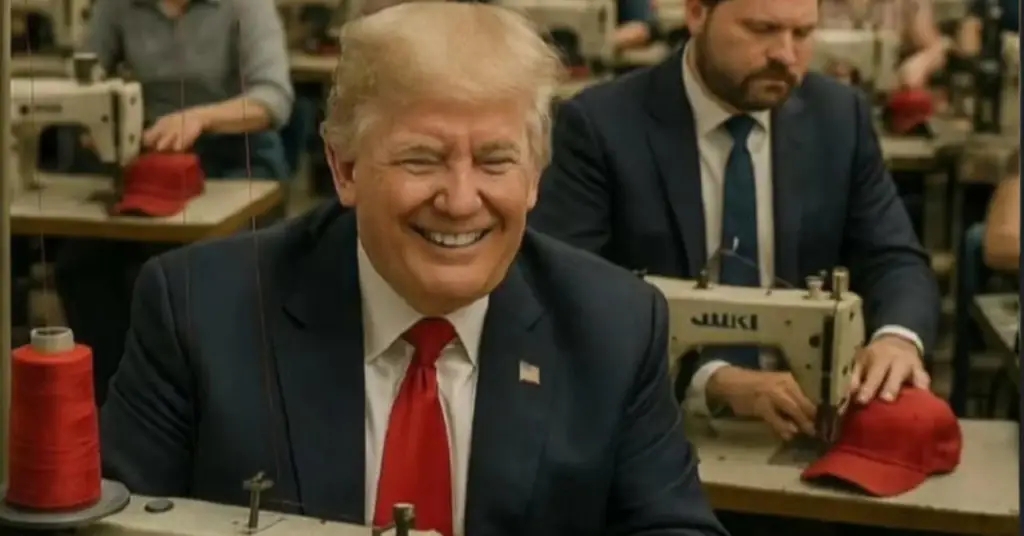
The White House’s reaction to these AI memes also touches on the issue of accountability. Who is responsible when AI-generated content goes viral and spreads misinformation? The creators’ anonymity, often hidden behind fake profiles or anonymous accounts, makes it difficult to hold anyone accountable for the potential harm caused by these memes. The ease with which this content can be shared on social media platforms further complicates the issue, as it becomes difficult to trace and regulate the spread of such content.
Trump and Vance, both frequent targets of political satire, have reacted to the memes with dismissive statements. Trump, for his part, has brushed off the memes as “nothing more than a distraction” and argued that they are part of a long-standing tradition of political parody. He also suggested that the focus on these memes detracts from more important issues, such as the country’s economic challenges and national security concerns.
Vance, on the other hand, has framed the memes as a reflection of how out of touch the media and political elites are with the concerns of everyday Americans. Both figures, however, have acknowledged the growing role that social media plays in shaping public discourse and the influence it has on younger audiences who are more likely to engage with online content.
The use of AI-generated memes also raises concerns about the ethical implications of using artificial intelligence in politics. AI has the potential to alter the way political campaigns are run, with the ability to create highly personalised, emotionally charged content designed to manipulate voters’ emotions.
While AI technology can be used for positive purposes, such as improving public services or enhancing healthcare, its use in political campaigns raises the question of whether it can be ethically deployed without compromising the integrity of democratic processes.
One key issue with AI-generated content is the risk of spreading fake news and disinformation. As AI tools become more accessible and user-friendly, the barrier to creating deepfakes and misleading content has lowered significantly.
This has led to concerns about the spread of fake news, as individuals can now create and share content that appears to be authentic, despite being entirely fabricated. In this digital age, the line between fact and fiction is becoming increasingly difficult to navigate, and the White House’s response to the AI memes is a reminder of the need for greater regulation and transparency in the use of AI in media.
The ethical use of AI is likely to become a central topic of discussion in the coming years, as governments and organisations work to develop regulations that ensure the responsible use of these powerful technologies.
The White House has indicated that it is committed to addressing the challenges posed by AI-generated content, but the rapid pace of technological advancement makes it difficult for lawmakers to keep up. As AI tools continue to evolve, it will be crucial to establish clear guidelines for how they can be used ethically and without compromising the public’s trust in the media or political institutions.
The rise of AI-generated memes targeting political figures like Trump and Vance reflects the broader shift in how we engage with media and politics in the digital age. As technology continues to shape the way we consume information, the potential for manipulation and misinformation grows.
The White House’s response to these AI memes highlights the need for greater awareness of AI’s ethical implications in politics and media. It also reminds us that the technology we create today will have lasting consequences on how we engage with the world tomorrow.
Disclaimer: This article has been meticulously fact-checked by our team to ensure accuracy and uphold transparency. We strive to deliver trustworthy and dependable content to our readers.

